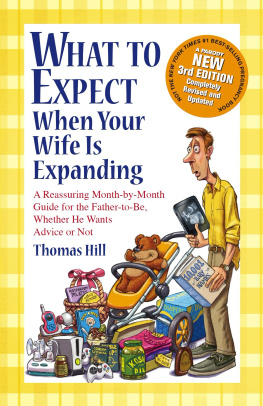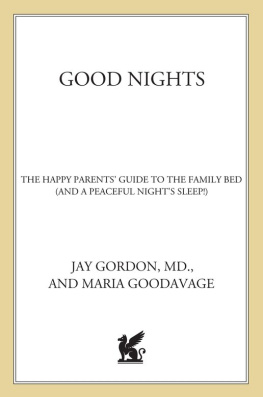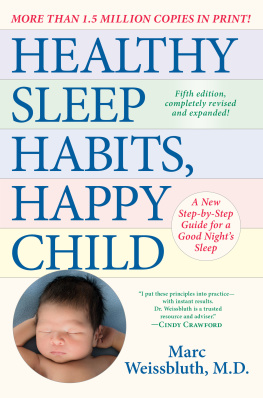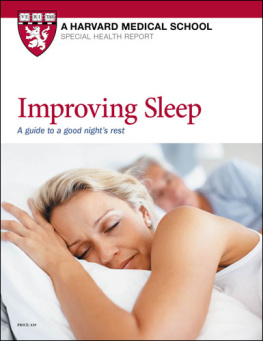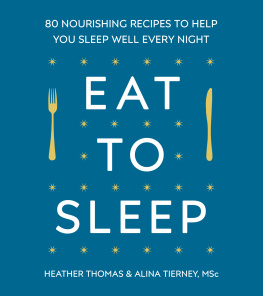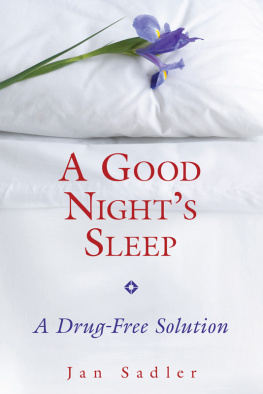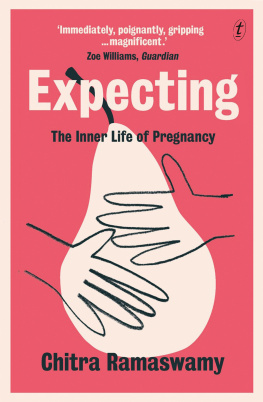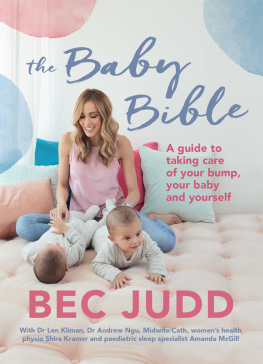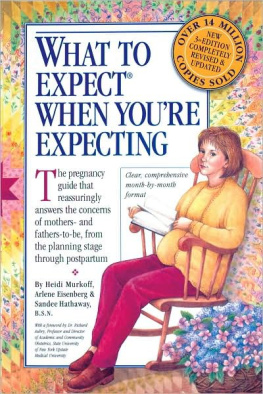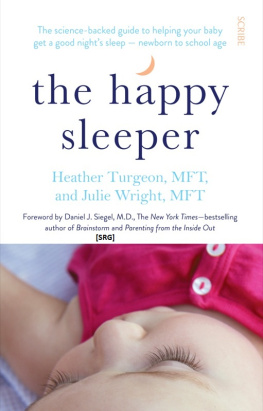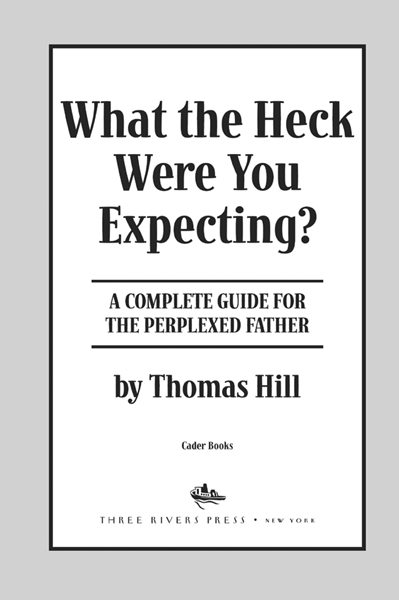Thanks to Michael Cader for the idea and for his always-fine guiding hand, and to Jonah and Jacob for training him in the ways of fatherhood. Thanks to my critical readers for numerous improvements, corrections and additions: Nancy Burrows, Frank Czuchan, Rick Groel, Adam Idelson, Michelle Piccolo, David Rieth, Kim Rosenblum and Nina Silvestri. And by extension, special thanks to the babies whose crying, idiosyncrasies, smiles, and sleeping habits helped inform this book: Alexandra Lilly Burrows, Samuel Beck Rosenblum, Simon Faber Idelson and Frank Robert Czuchan III. And of course, thanks to my babies, who arent babies anymore: Deke and Fred. Finally, a tip o the hat to Jeff Martin, for his unique literary explication of Pat the Bunny.
CONTENTS
CHAPTER ONE:
CHAPTER TWO:
CHAPTER THREE:
What You May Be Concerned About
CHAPTER FOUR:
CHAPTER FIVE:
CHAPTER SEVEN:
CHAPTER EIGHT:
CHAPTER NINE:
CHAPTER TEN:
CHAPTER ELEVEN:
CHAPTER TWELVE:
CHAPTER THIRTEEN:
CHAPTER FOURTEEN:
Foreword
by Samuel Beck Rosenblum
(What better perspective, and what better expertise, than that of an actual nine-month-old to provide the introduction to this book? Rosenblum has enjoyed the world so far, still lives with his parents, and has been described by his grandmother as very advanced. The following is entirely his own work.)
yvvmb ml msxzzzdee3rrra/lqa4rzaczws 5r44rb nnmj b
llll;;/
kkkkmmmkkkkkkkkkkkkkkkkkkkkkkkk fvmtrrrgffffffffv XVUYUYKNK
SZX?U7IIIJKM, ,
NNNB////,
X
NNNMN>AAAAAAAAAAA
INTRODUCTION:
What the Heck?
Y ouve done it. Youve had a baby. The cigars have been passed out, the announcements mailed, the infant bundled up and brought home. You are a father.
Youre exhausted; there are a million things to do; everyone is criticizing, advising, correcting; the office called; the baby needs a change; the latest research shows that Mozart does no good for babys intelligence, but learning sign language does; and by the way have you started saving for college Augh! Well, what the heck were you expecting? (And yes, heck is the strongest word available to you with young ears in the house.)
Thats why weve written this book, a guide to parenting that is just for men. A fathers experiences in the first year (and beyond!) are unique. They deserve more than a sidebar or appendix in the childcare manuals. During pregnancy, there were lots of books to read. There were reassuring guides to the birth experience, as well as long lists of all the possible complications and medical anomalies. There were childbirth coaching techniques, diet guides, baby name books and more. There were even books specifically about the fathers experience.
But giving birth was just the beginning. Being a father is the greatest challengeand greatest joy a man can face. There is so much to do! For one thing, the womans role is no longer so obviously more important. Back when she was writhing around screaming how unfair childbirth is, there really wasnt much you could do but look sheepish. Now? Well, aside from lactating, there isnt much you cant do. (And science may change that yet!) Yet somehow, you are not given your due. Where are the books for fathers? We hope that this bookno matter how much thinner, cheaper and less informative than mothers guidesmay help to right this injustice. But we recognize that there is a long way to go.
Lets talk about the attitudes of society. What does mothering a baby mean? All sorts of careone envisions feeding, hugging, dressing, clipping the babys nails. Yes, mothering is sweet and wholesome. Now take the phrase fathering a baby. Hmm. The image is a little different, right? Who fathered this baby? Another example: Whole stores are devoted to offering a wide variety of fashionable, comfortable maternity clothes, so why does everyone look down on a nice paternity suit?
The point is that society tells us that a fathers primary role is biological. In the traditional view his contribution starts as recreation, and continues more or less the same way. He may be the breadwinner, but when it comes to the home, he is inconsequential. He is good for playing with the baby, dependable when a silly dance is needed, more or less the genial buffoon of the family unit. Even traditional roles like disciplinarian, handyman, and preacher of stern moral lessonsthe tasks Ward Cleaver, Mike Brady, and Dr. Huxtable did so wellare more and more usurped by mothers.
But todays father is more involved than ever before in the nurturing and care of his children. He even has some advantages over the mother. No matter what the age difference, a man is generally closer in maturity to the baby. Unlike women, men are likely to genuinely enjoy a good game of peek-a-boo or a rousing round of soooo big. Long after Mom is bored, Dad can happily continue to build block towers and knock them down with a big uh oh!
Playing happily is a great start, but every father nowadays is expected to be involved and knowledgeable about infant psychology, nutrition, basic medical needsand, of course, he is expected to change his share of diapers. And because a father today at the dawn of the millennium is not really so different from the detached and repressed career man of the 1950s, he is grossly incompetent at all of these skills. This book will help every father to accept his inadequacies and failings, will guide him in disguising his mistakes and covering up his slip-ups, and will teach him now and then to say the right thing, even if he is not sure exactly what it means. At the very least, it will help him recognize that he is not alone. Its like a fathers support group between two covers, and the best part is, you dont actually have to share your feelings. So read, enjoy, be proud. Youre a dad and you love your kids, and truth be told, as long as you make sure they know it, you cant go far wrong. And once a year, you can still go out with the guys, if you play your cards right.
What follows is a road map of the year ahead. In each chapter you will find essays on key topics, a list of babys developmental stages to look forward to, and a list of what your wife will be complaining about so that you can be prepared. Each chapter also addresses typical fatherly concerns, and highlights one thing about which you will be or should be terrified. Finally, each chapter includes a small section of legitimate advice and information that you can use to impress your wifeand fellow parents, too! These are written in handy first-person format so that you dont even have to rephrase them.
So whatever you were expecting, read on, because What the Heck Were You Expecting? can help you prepare for all the things you werent expecting.
THE USUAL NOTE ON PRONOUNS
The author of any pregnancy, baby or child-rearing guide is always faced by the gender pronoun issue. Its traditional (and sexist) to just go with he to indicate a generic infant. S/he looks like a mistake. Using shethe affirmative action solutionmight help make up for years of injustice, and make my feminist sisters happy but frankly (sorry, Catherine and Sara) we just couldnt get used to it. (By the way, the author will be referring to himself as we because it sounds a lot more authoritative, and we can use all the help we can get.) (And while were in a parenthetical mode here: you, too, may find yourself relying on we a lot now, as a way of taking credit for all the ideas, planning, and work your wife does.)


